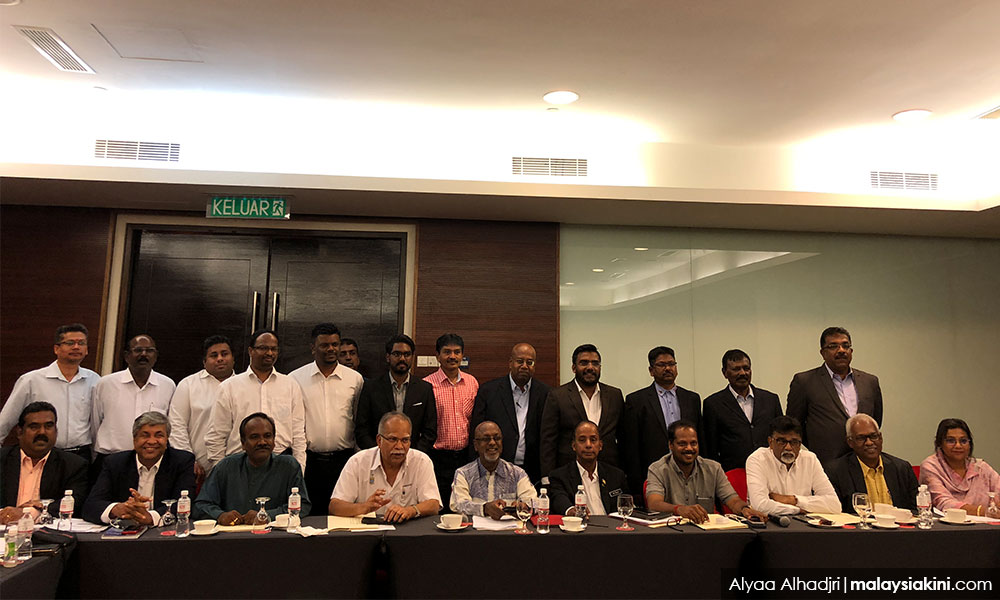Lawyers for Liberty executive director Latheefa Koya disagreed with several Pakatan Harapan lawmakers who proposed to retain and rebrand the Socio-economic Development of the Indian Community (Sedic) unit.
Describing it as an “ineffective and disastrous” instrument created by the previous BN administration, she saw no reason for the Harapan government to maintain it.
“The most notorious instance is the MyDaftar programme run by Sedic to resolve Indian statelessness, which was a miserable failure. (Despite being) lauded repeatedly by former prime minister Najib Abdul Razak and MIC leaders for political reasons.
“Sedic was also abused by Najib to carry out mock-cheque programmes to pay out taxpayers' money to MIC-linked NGOs. This was little more than political patronage, which left the Indian community high and dry.
“Therefore, what is the justification for maintaining a failed instrument such as Sedic, which is always open to abuse?” she asked in a statement.
Set up by Najib in 2014, Sedic was until recently under the helm of MIC president Dr S Subramaniam.

Yesterday, Klang MP Charles Santiago recognised Sedic's shortcomings, but contended that it could be revived after undergoing a forensic financial audit and a rebranding exercise.
Latheefa, who is also a PKR supreme council member, argued that this would prove futile.
“Rebranding and auditing Sedic as suggested by the Indian representatives is simply not enough.
“This entire approach to resolving the problems of the Indian minority has failed and is discredited.
“We have got rid of the BN as government. We must now also jettison their failed methods and models,” she added.
Santiago is part of an eight-member committee tasked with overseeing the implementation of Harapan's promises for the Indian community in the coalition's manifesto.
A unit parked in the Prime Minister’s Department, Sedic was set up to raise income levels of Malaysian Indian households in the bottom 40 percent income group (B40).
In May last year, it was restructured to streamline its operations with the Malaysian Indian Blueprint (MIB).
In its four years in operation, it disbursed millions of ringgit in grants and loans to various NGOs and private skills training institutes.
Among its focus areas are education, entrepreneurship and welfare regarding the Indian community.

